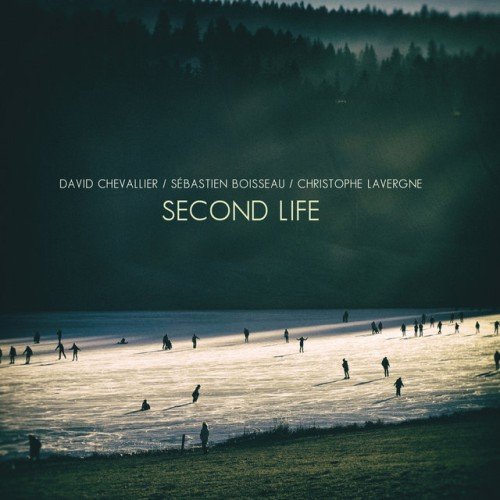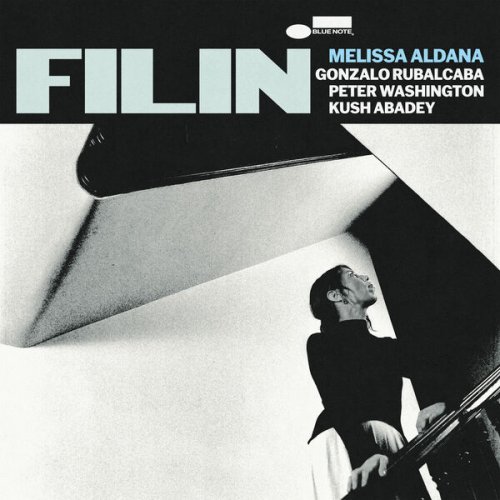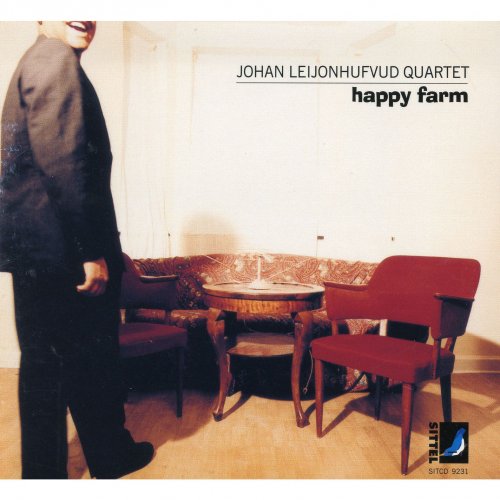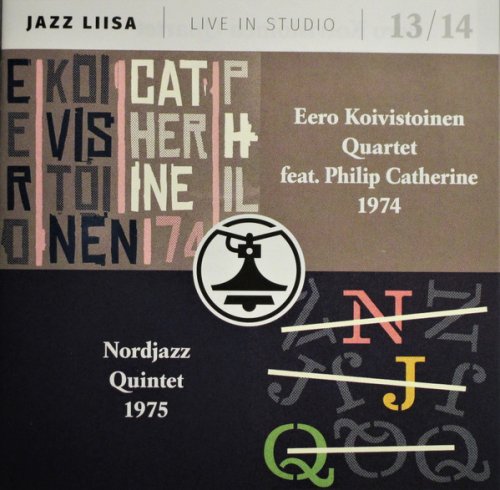James W. Iman - Iman Album 1: James W. Iman Plays Schoenberg, Boulez, Webern & Amy (2022) [Hi-Res]

Artist: James W. Iman
Title: Iman Album 1: James W. Iman Plays Schoenberg, Boulez, Webern & Amy
Year Of Release: 2022
Label: Metier
Genre: Classical Piano
Quality: flac lossless (tracks) / flac 24bits - 44.1kHz +Booklet
Total Time: 01:09:47
Total Size: 254 / 595 mb
WebSite: Album Preview
TracklistTitle: Iman Album 1: James W. Iman Plays Schoenberg, Boulez, Webern & Amy
Year Of Release: 2022
Label: Metier
Genre: Classical Piano
Quality: flac lossless (tracks) / flac 24bits - 44.1kHz +Booklet
Total Time: 01:09:47
Total Size: 254 / 595 mb
WebSite: Album Preview
01. 3 Klavierstücke, Op. 11: No. 1, Mässige Viertel
02. 3 Klavierstücke, Op. 11: No. 2, Mässige Achtel
03. 3 Klavierstücke, Op. 11: No. 3, Bewegte Achtel
04. Third Piano Sonata (Excerpts): Formant 2. Trope
05. Third Piano Sonata (Excerpts): Formant 3. Constellation-miroir
06. Variationen für Klavier, Op. 27: I. Sehr mäßig
07. Variationen für Klavier, Op. 27: II. Sehr schnell
08. Variationen für Klavier, Op. 27: III. Ruhig, fließend
09. Piano Sonata: I. Séquences
10. Piano Sonata: II. Mutations
11. Piano Sonata: III. Interférences
American pianist James W. Iman specializes in music written since 1900 – and mostly, post-1945. His meticulous study of the scores and also the aesthetic concepts behind them allows him to find fresh approaches to well known works as well as an ability to present new music in a relatable and clearly authentic way. As The Cross-Eyed Pianist wrote, his performances give ‘ a very clear sense of his total commitment to this music and also how comfortable he fees in this repertoire. This attention to the detail of the music and its conception is particularly important in relation to the 20th century music of serialist and modernist schools which can be seen as purely mechanical without real artistic ‘spirit’. This is the first of three recordings by Iman to be released by Metier and is a remastered re-issue of a disc from short-lived Belgian label ZeD (The other two albums are new, recorded in the summer of 2022) and focuses on two composers of the Second Viennese School (Schoenberg and Webern); one from the Darmstadt School (Boulez) and French composer Gilbert Amy, a contemporary follower of the serialist movement, and greatly inspired by Webern though writing on a larger scale. His Piano Sonata provides a fitting yet distinct counterpoint to the granitic Third Sonata of Boulez, and with strong contrast provided by the relatively early work by Schoenberg and the typically concise miniatures by Webern.
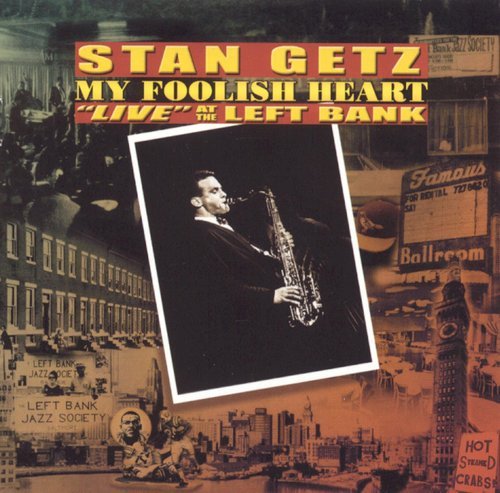

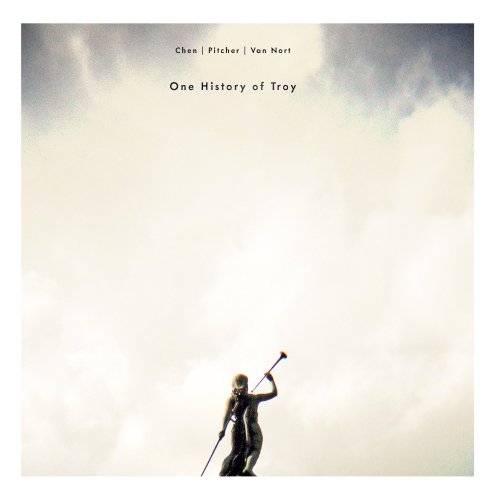
![Terrace Martin & Calvin Keys - The Near North Side (2026) [Hi-Res] Terrace Martin & Calvin Keys - The Near North Side (2026) [Hi-Res]](https://www.dibpic.com/uploads/posts/2026-02/1771141377_b80maiy5ke658_600.jpg)
![Mama Badema Sissoko - Diamond Fingers (2026) [Hi-Res] Mama Badema Sissoko - Diamond Fingers (2026) [Hi-Res]](https://img.israbox.com/img/2026-02/14/c0n712ykaoqm3p9yoqdmhda1i.jpg)
